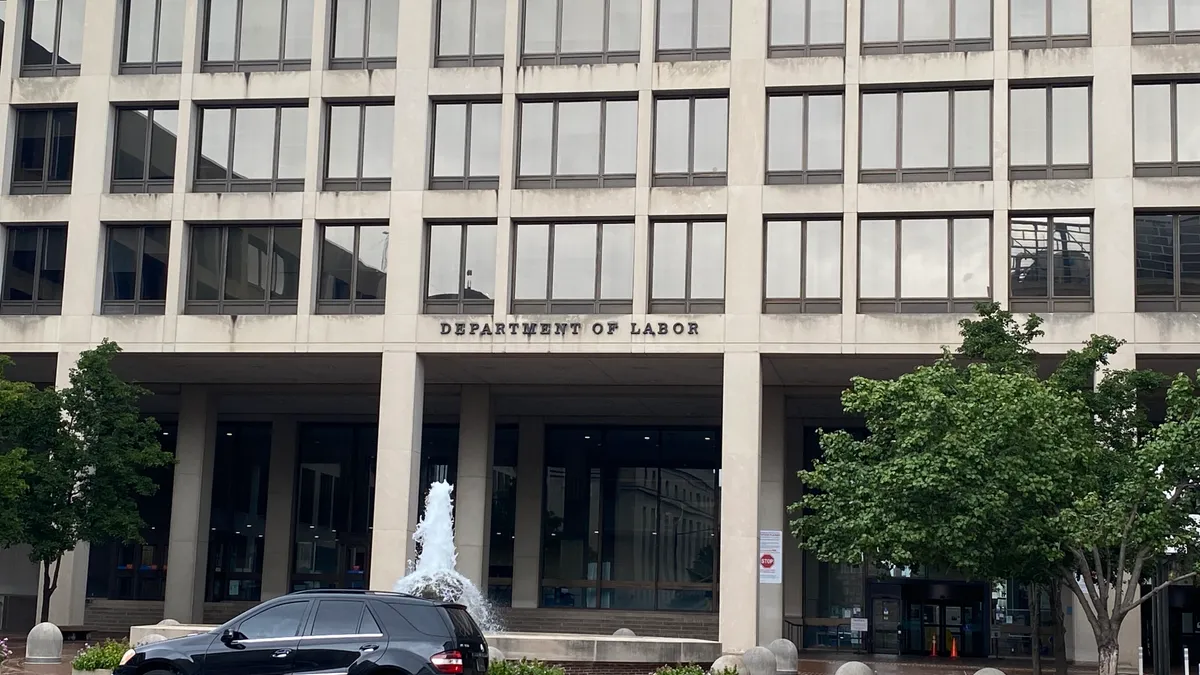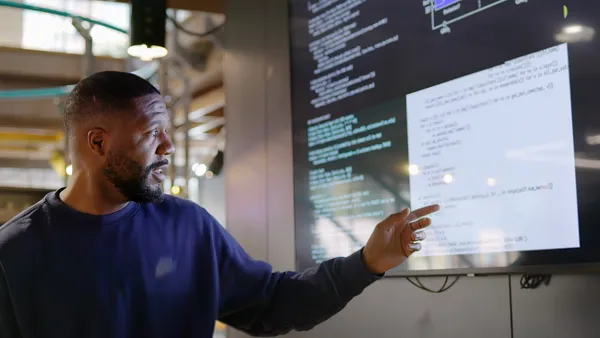Dive Brief:
- Millennials outpace other generations as champions of generative AI in the workplace, a Udacity report published Wednesday found.
- More than half of those born between 1981 and 1996 said AI improved decision-making, reduced stress and boosted creativity at work, according to the survey of 850 respondents. Less than one-quarter of Gen X and Gen Z respondents agreed.
- The generational divide also reached into AI tool use. Other than writing assistants, a favorite of all groups, Millennials prefer AI image generation solutions, while Gen Z and Gen X respondents more often turn to translation tools.
Dive Insight:
Enterprise leaders have had to deploy AI with change management in mind. Employee behavior and sentiment play a significant role in whether initiatives progress and actually produce value.
Generational differences among employees complicate adoption strategies.
“It was surprising to see that the most optimistic and comfortable with AI in the workplace weren’t necessarily the youngest,” Victoria Papalian, COO at Udacity, said in a statement. “Despite Gen Z growing up with the internet and spending significant time online, it’s Millennials who appear to be embracing AI’s potential most readily.”
Gaining employee buy-in on AI initiatives has been a focus at countless companies this year, including grocers like Kroger and pharmaceutical companies such as AstraZeneca.
Failing to engage employees when rolling out AI opens the business to a laundry list of risks. Without the right guidance, workers can misuse tools, leading to legal ramifications, reputational harm and ethical concerns. Untrained workers are also more likely to miss hallucinations and incorrect responses from tools.
Productivity gains can vanish without clarity. If AI lightens workers’ weekly load, time saved is most likely to be spent on low-value work, according to a Slack survey published in June. Employees trained in AI, however, were 19 times more likely to report productivity increases, the report found.
Younger generations often have the highest expectations for workplace technology and are the first to try new tools out, even if they don’t have the skills to back them up.
As enterprises work to address the challenge, many are turning to widescale training initiatives. S&P Global kicked off an upskilling sprint for its 35,000 employees earlier this year. Every non-plant worker at Colgate-Palmolive will have training on AI basics by the end of the year, according to the company. And nearly every industry is working to boost AI acumen, from sports companies like the NFL to global consumer goods giants like Unilever.















